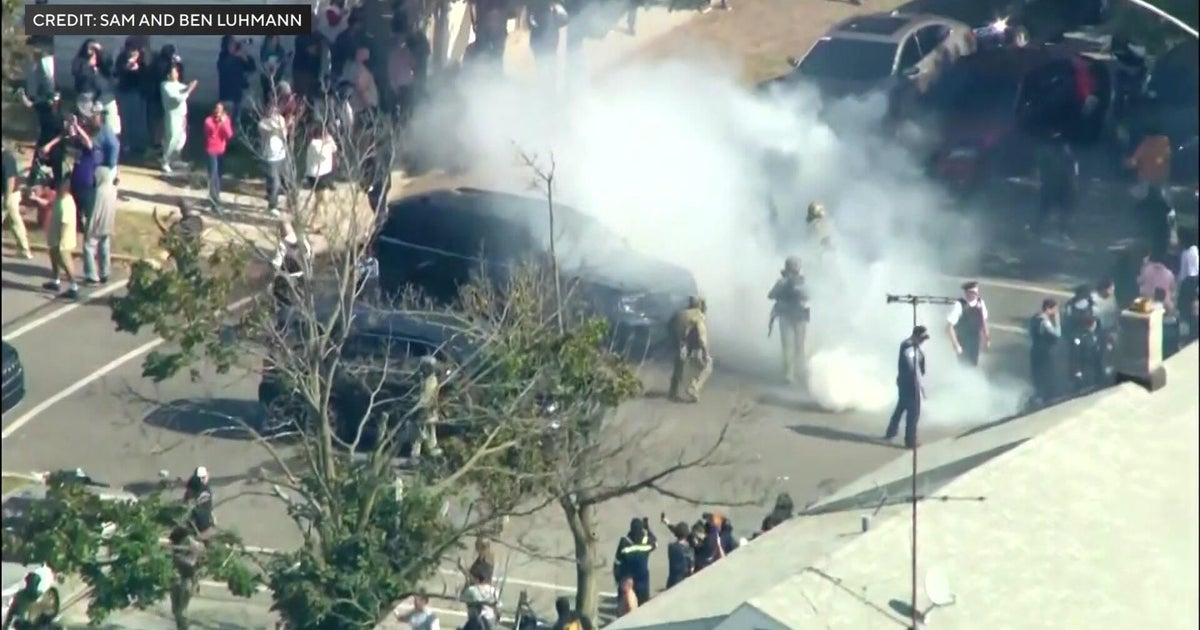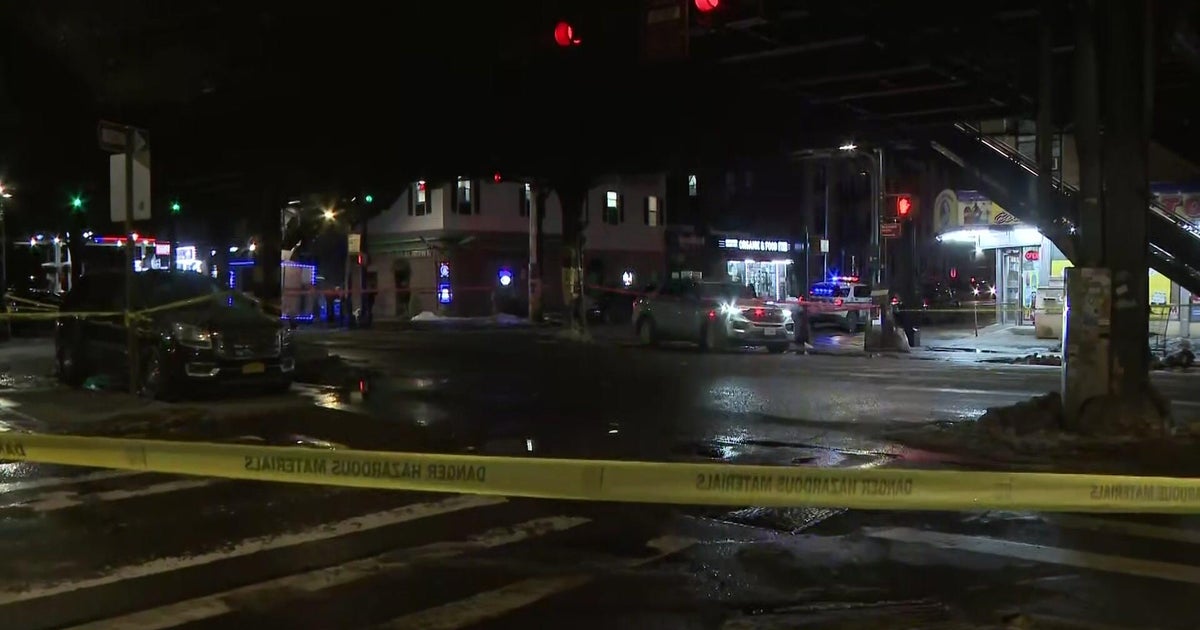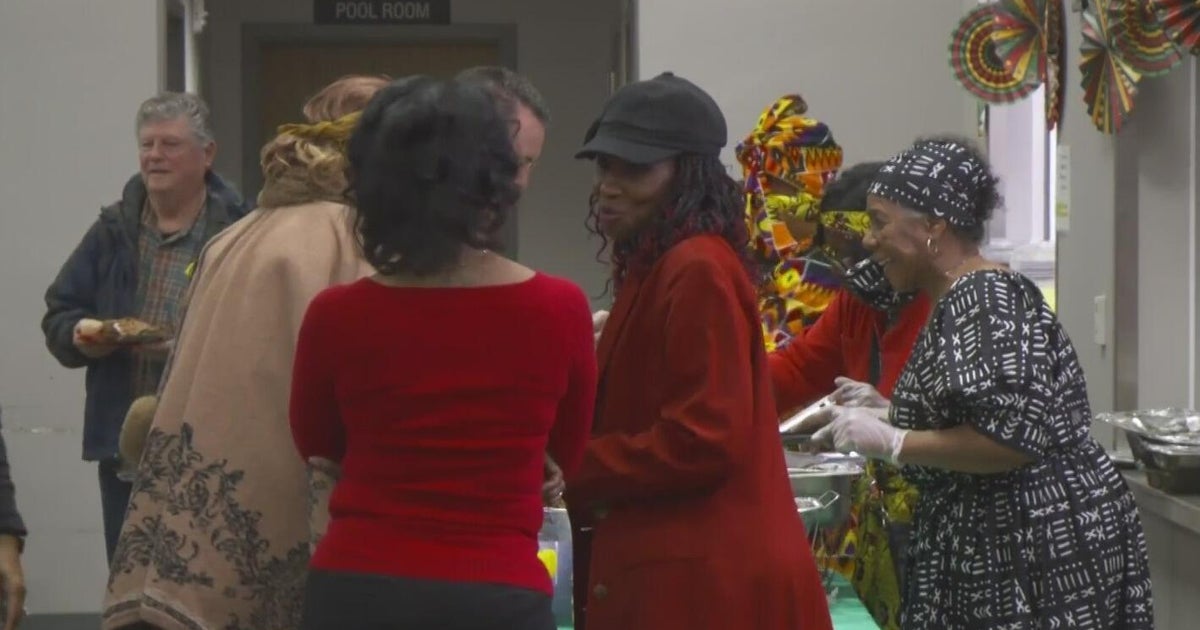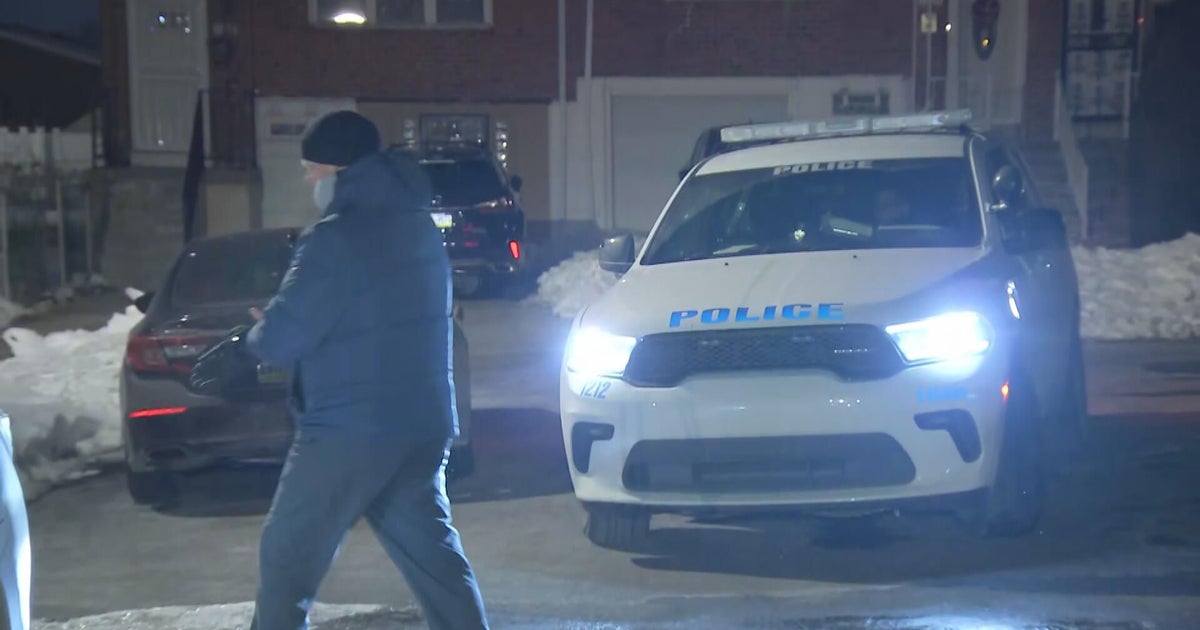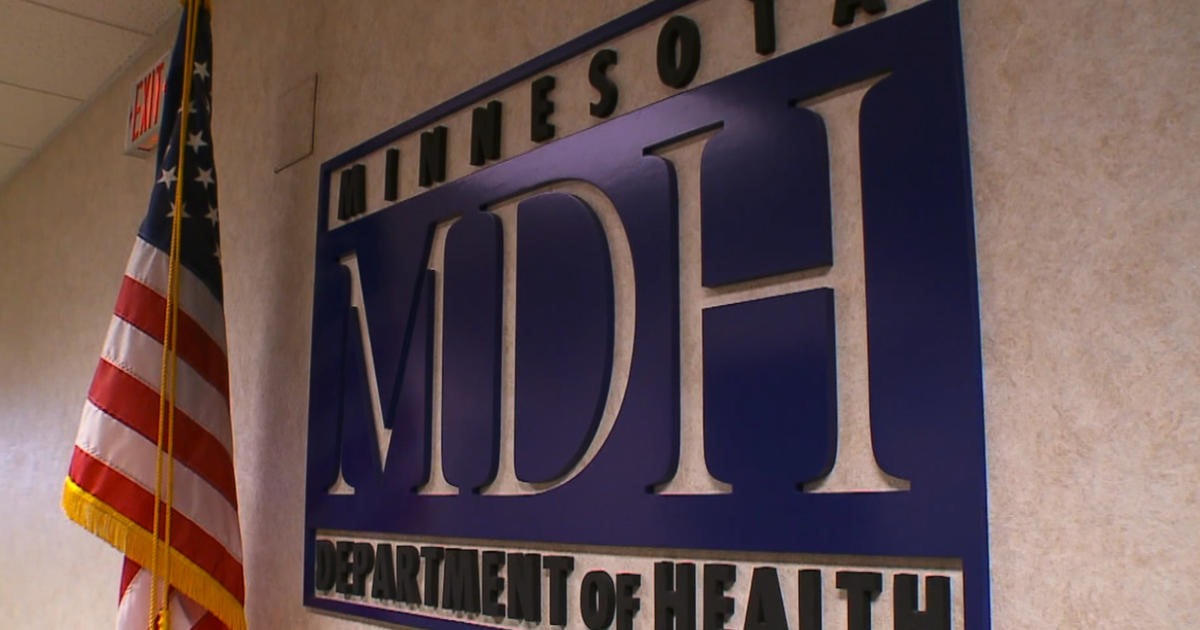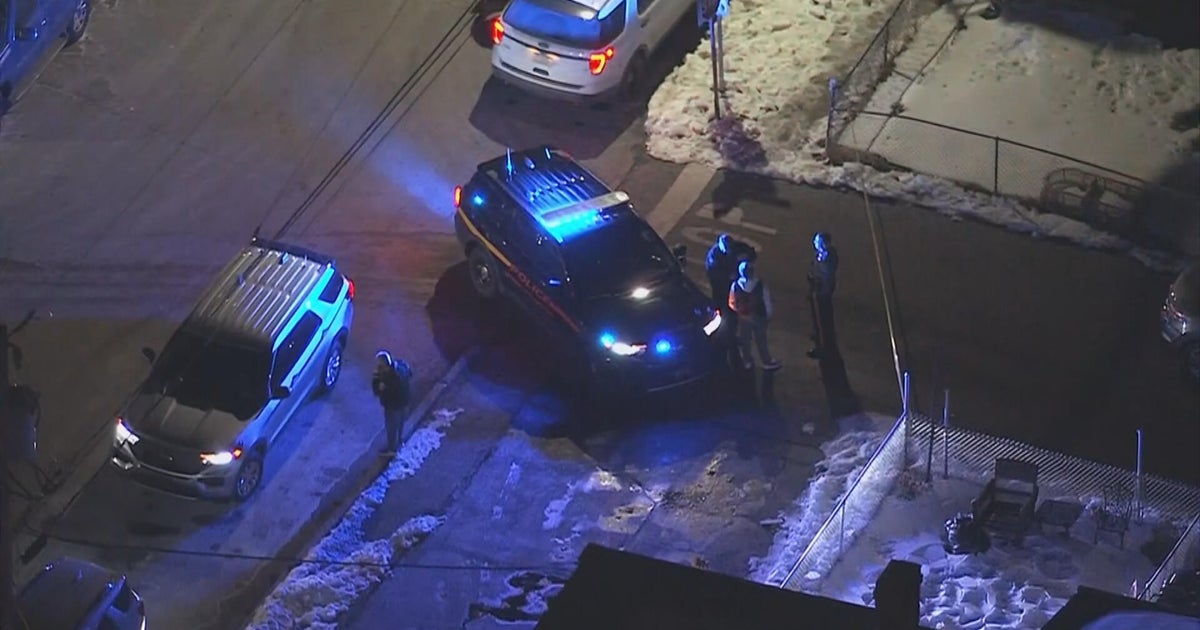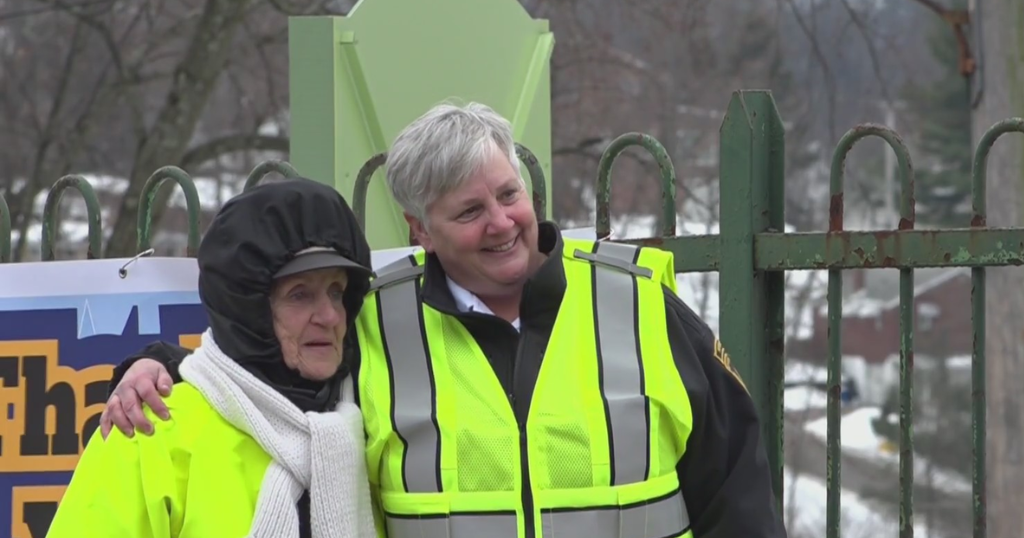UCSF Headache Center Finds Melatonin Helps Teens Suffering From Migraines
SAN FRANCISCO (KPIX) - Migraines are surprisingly common among kids and teenagers but there aren't many treatments. Now UCSF is recruiting teenage patients to try to find a new way to treat them.
Charlotte is one of those recruits.
"I got up in the morning and I had this crazy, crazy migraine and then I just passed out and I woke up on the floor," says Charlotte.
She experienced her first migraine and fainting spell when she was in the 3rd grade. She's 16 today and headed for her junior year in high school in Walnut Creek. The daily migraines haven't stopped.
"I've definitely missed a lot of school and a lot of class time because of migraines and it definitely has affected how my grades turn out," she says.
Charlotte and her younger sister, 12-year-old Piper both suffer from migraines. Doctors say it is fundamentally a genetic disease. It's a common problem, affecting 10-15 percent of teens, particularly girls. But there are very few drugs approved for their use.
"There are anti-epileptic drugs, anti-blood pressure drugs, drugs that are used to treat dementia, any of these can be used to treat migraine but they have potential side effects," says Dr. Amy Gelfand, Director of Pediatric Headache at UCSF Benioff Children's Hospitals.
So Dr. Gelfand is turning to a new therapy, using melatonin, an over-the-counter sleeping aid.
She is leading a study that is testing it in children and teens debilitated by migraines. A smaller pilot study last year showed teens taking melatonin nightly had fewer migraines per month than those on placebo pills.
"It's fairly well tolerated we're really not seeing a lot in the way of side effect," she said.
Dr. Gelfand, who has a clinic in Walnut Creeek as well as the one in San Francisco, says melatonin is meant to lessen the frequency of migraines.
Piper takes it now.
"It definitely has helped me, especially with sleeping because before I started taking it I would wake up in the middle of the night and I would have a small headache," she says.
"I have an easier time falling asleep when I take it and I sleep more deeply through the night without disruption," said Charlotte. "That helps me wake up without one."
UCSF Benioff Children's Hospital is the only Pediatric Specialty Headache Center.
"I think there's a lot of interest in using non-prescription treatments for a migraine in this age group," said Dr. Gelfand. "I think it's very much worth thinking about today."
